U.S. Pacific Commander Urges Overhaul in Military Bureaucracy
Amid increasing tensions in the Pacific, the U.S. military’s top Pacific commander, Adm. Samuel Paparo, has called for a significant transformation in the way military forces are equipped and armed. Speaking at the Honolulu Defense Forum, Paparo criticized the existing slow federal bureaucracy, which he believes hampers the military’s ability to deploy new technology and weaponry effectively.
Addressing attendees from 19 countries at the ‘Alohilani Resort in Waikiki, Paparo emphasized the need to eliminate “bureaucratic obstacles” that slow progress, noting, “(We need) procurement at the speed of combat, not at the speed of committees.” He stressed the importance of reforming defense bureaucracy with “unprecedented urgency” and not relying solely on technological advancements to maintain military superiority.
The forum, which gathers military and defense industry representatives from across the globe, occurs against a backdrop of heightened tensions involving China, Russia, and North Korea—referred to by Paparo as a “triangle of troublemakers.” He advocated for the adoption of technologies like artificial intelligence and 3D printing to give the U.S. and its allies a strategic advantage, asserting the capability to produce critical parts on demand is not futuristic but a current reality.
Significant investments have been made by the Department of Defense in Hawaii to bolster its Pacific forces and develop a high-tech workforce. However, ongoing conflicts in the Middle East and Ukraine have shifted focus away from the Pacific, affecting military readiness. Paparo highlighted concerns over depleted munitions stocks due to commitments in these regions, acknowledging, “It’s now eating into stocks, and to say otherwise would be dishonest.”
Paparo warned that the U.S. military is stretched thin from prolonged counterterrorism campaigns and global maritime patrols, leading to maintenance backlogs and aging equipment. He noted adversaries are exploiting these vulnerabilities. The Chinese military’s activities around Taiwan, which Beijing views as a renegade province, were described as rehearsals for potential unification by force. Despite the U.S. not officially recognizing Taiwan since 1979, it maintains de facto relations and is committed to supporting Taiwan’s defense under the Taiwan Relations Act.
In the South China Sea, China asserts sovereignty over regions claimed by several neighboring countries, constructing military bases on contested formations. Paparo accused China of acting with “breathtaking audacity” and violating international law, threatening the free flow of commerce in these vital trade routes.
While President Donald Trump’s Defense Secretary Pete Hegseth has pledged to reform Pentagon operations and streamline cooperation with defense contractors, Trump’s early confrontational approach towards allies like Canada and Denmark has sparked controversy. Nevertheless, joint military exercises continue, as evidenced by a recent patrol involving the Philippines, U.S., and Canadian forces encountering Chinese naval vessels.
© 2025 The Honolulu Star-Advertiser. Visit www.staradvertiser.com. Distributed by Tribune Content Agency, LLC.
© Copyright 2025 Honolulu Star-Advertiser. All rights reserved. This material may not be published, broadcast, rewritten or redistributed.

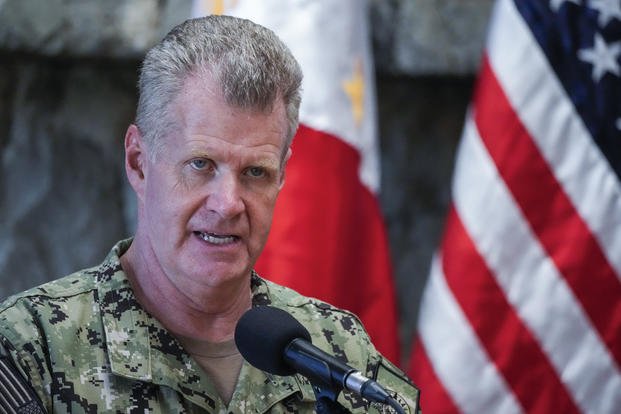


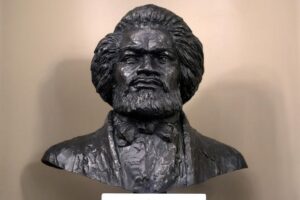
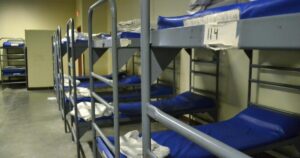
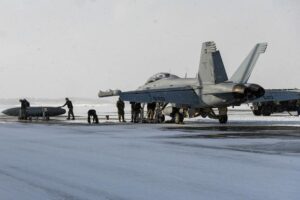
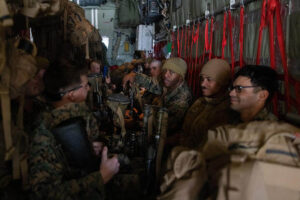
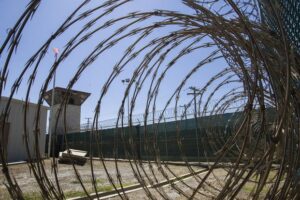
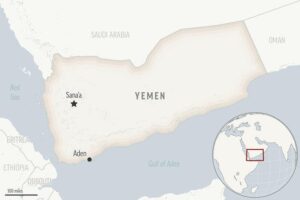

Be First to Comment